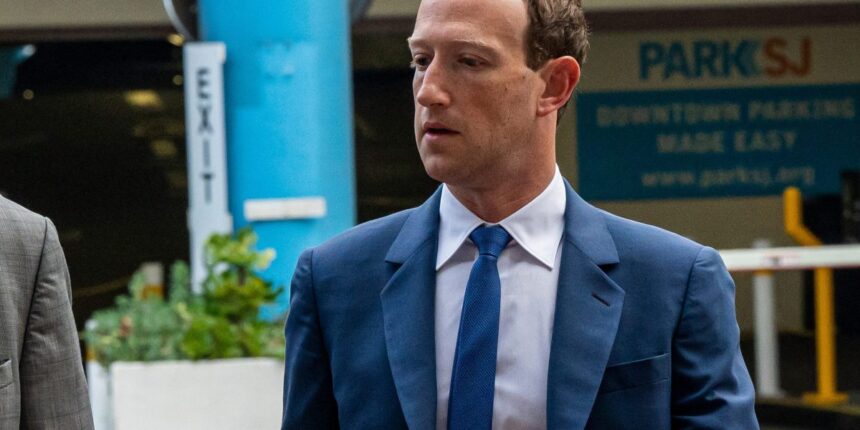
On an otherwise positive earnings day for tech giant Meta, the company’s metaverse division once again reported lackluster revenue and billions of dollars in losses.
Reality Labs, which includes the company’s Quest headset business and its virtual reality platforms like Horizon Worlds, brought in $276 million in the second quarter of 2023, its worst quarterly performance in two years. The decrease was due to lower Quest sales, according to Meta CFO Susan Li.
The division also reported $3.7 billion in operating losses, up from $2.8 billion in the same quarter last year, partly because of growth and employee-related costs. The company said it expects operating losses for Reality Labs to increase year-over-year in 2024 due to its ongoing product development in AR and VR.
CEO Mark Zuckerberg said Reality Labs’ increased losses have been fueled by the costs of bringing its newly announced headset, the Meta Quest 3, to market later this year. Li added that research and development spending aimed at making future headsets smaller and cheaper also was a factor.
Overall, the company exceeded analysts’ expectations for the quarter. It reported revenue of $32 billion, compared with a forecast $31.1 billion, and a higher-than-expected range of $32 billion to $34.5 billion for expected quarterly sales. Meta shares were up 7.5% after hours following the earnings report.
As the hype of the metaverse has died down and Meta has placed more of an emphasis on A.I., some analysts have questioned the billions of dollars Reality Labs continues to lose quarter after quarter.
Still, CEO Mark Zuckerberg said on Meta’s earnings call Wednesday that the company’s second-quarter performance is proof that its longer term metaverse ambitions aren’t getting in the way of profitability.
“I think we’ve shown that we can deliver good business results in the near term while investing ambitiously in the long term, so I’m planning on continuing to do that,” he said.
Zuckerberg emphasized that over the long term, he believes the company will be better positioned because it invested heavily upfront, especially considering the current approach of competitors. Apple recently launched its own headset, the Vision Pro, which will be released next year at a higher price point of about $3,500, compared with the Meta Quest 3’s $500 price tag.
“It’s been good to see what others in the industry have done,” Zuckerberg added, “because, to some degree, it gives us more confidence that we’re on the right track.”








